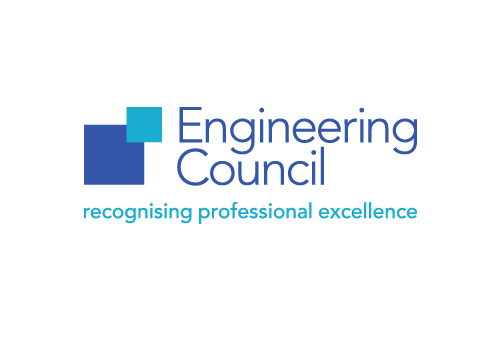Accreditation is the process of reviewing an engineering degree programme to judge whether or not it meets the defined standards set by the Engineering Council. A degree may be accredited by one or more of the engineering institutions licensed to do so, particularly where it spans several engineering disciplines. Accredited engineering degrees offer students, their parents and advisors, and employers an important mark of assurance that the programme meets the high standards set by the engineering profession.
Alongside the fourth edition of AHEP, we have published:
- a summary of key changes to the document
- a comparison of the learning outcomes in this fourth edition to the previous edition of AHEP, ‘Mapping Learning Outcomes AHEP4 against AHEP3’
- a table of ‘Defining characteristics and learning outcomes’, which sets out the characteristics that define accredited programmes and the generic learning outcomes
all of which are available here.
Revisions to AHEP aim to encourage development of innovative programmes and pedagogy, as well as making the importance of industry involvement in programme design and delivery clear. The updated document also has a sharper focus on inclusive design and innovation, and the coverage of areas such as sustainability and ethics.
Approval and Accreditation of Qualifications and Apprenticeships (AAQA) is the new Engineering Council Standard against which apprenticeships (including Degree Apprenticeships and Graduate Apprenticeships) and non-degree qualifications can be recognised. AAQA supports the formal recognition of competence, as well as knowledge and understanding, developed through non-degree qualifications and apprenticeships. For higher level programmes this refers to the same defining characteristics and generic learning outcomes as degree accreditation.
More information on and links to all the Engineering Council’s revised Standards is available in our press release.
The Engineering Council would like to thank the professional engineering community for its valuable contribution to this process, including providing consultation responses and nominating volunteers for the relevant Working Groups. This revision of our Standards would not have been possible without the expert perspectives offered by higher education providers, the professional engineering institutions and the community as a whole.
By Catherine Elliott, Education and Skills Manager at the Engineering Council




